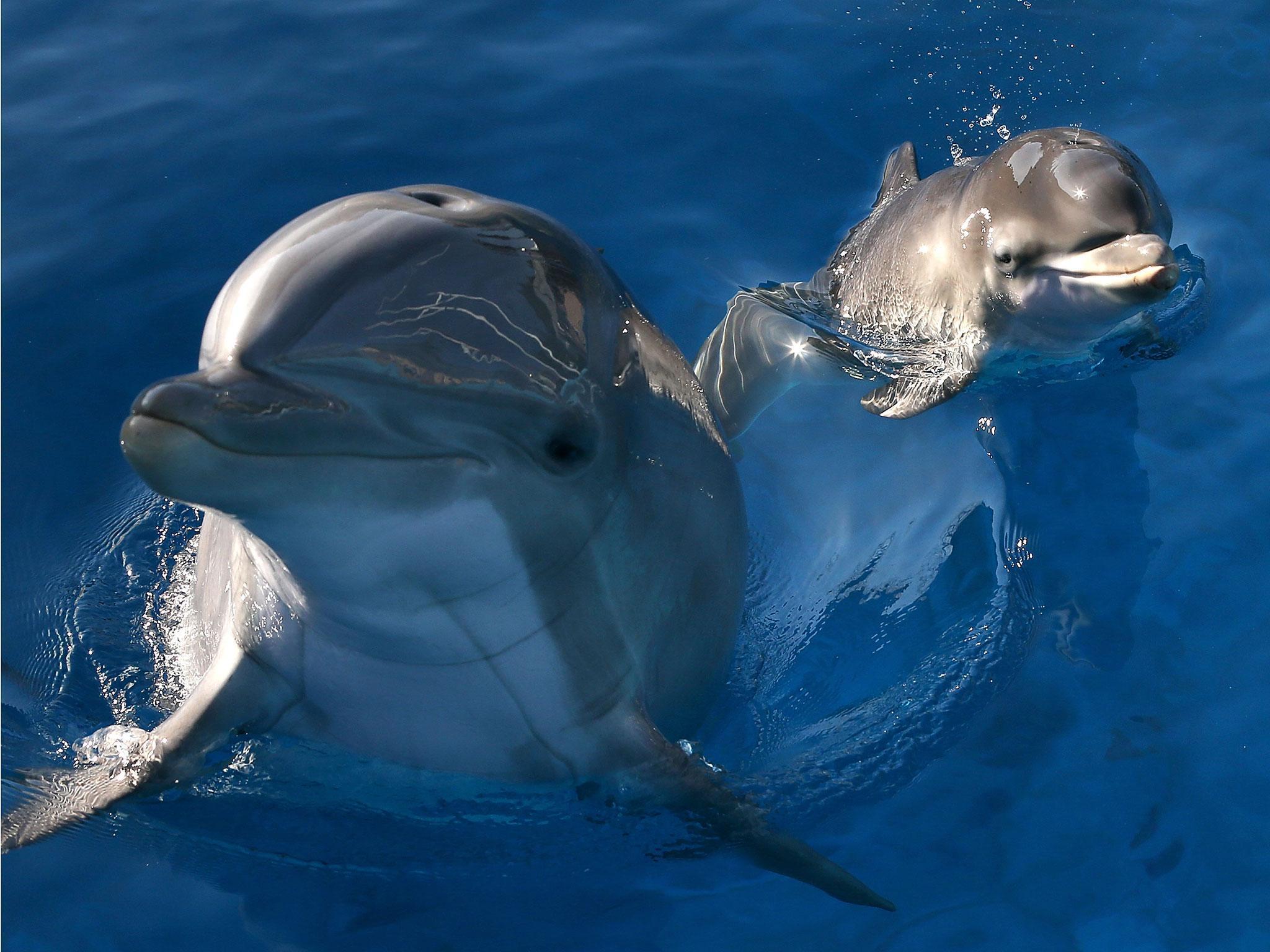France bans breeding of killer whales and dolphins in captivity
Campaigners hope move will eventually bring an end to shows involving the marine animals

Your support helps us to tell the story
From reproductive rights to climate change to Big Tech, The Independent is on the ground when the story is developing. Whether it's investigating the financials of Elon Musk's pro-Trump PAC or producing our latest documentary, 'The A Word', which shines a light on the American women fighting for reproductive rights, we know how important it is to parse out the facts from the messaging.
At such a critical moment in US history, we need reporters on the ground. Your donation allows us to keep sending journalists to speak to both sides of the story.
The Independent is trusted by Americans across the entire political spectrum. And unlike many other quality news outlets, we choose not to lock Americans out of our reporting and analysis with paywalls. We believe quality journalism should be available to everyone, paid for by those who can afford it.
Your support makes all the difference.France has banned the breeding of killer whales and dolphins in captivity.
Campaigners hope the move will eventually bring an end to shows involving the marine animals.
The government has also banned the captivity of all whales, dolphins and porpoises, except for orcas and bottlenose dolphins.
The new rules also ban direct contact between the animals and the public and require pools holding the animals to be made significantly larger.
Aquariums and water parks have six months to comply to the rules, and must expand their pools within three years.
It comes after SeaWorld announced the last birth of a killer whale at its theme park after it decided to stop breeding orcas following animal rights protests.
It has also said it is phasing out its orca shows after years of criticism, but activists remain unconvinced as its theme parks in San Antonio, Texas and Orlando are not expected to end the shows until 2019.
French environment minister Segolene Royal signed a version of the bill on Wednesday, but decided the rules needed to be “more radical” after learning “some animals were drugged” in aquariums, her ministry told AFP.
In a joint statement, five conservation groups hailed the ban as a “historic French advance” which could mean the end of “breeding, exchange and import programmes”.
Jon Kershaw, the head of the Marineland Antibes park in the French Riviera, told local media the ban was a “bombshell” for businesses like his.
Join our commenting forum
Join thought-provoking conversations, follow other Independent readers and see their replies
Comments